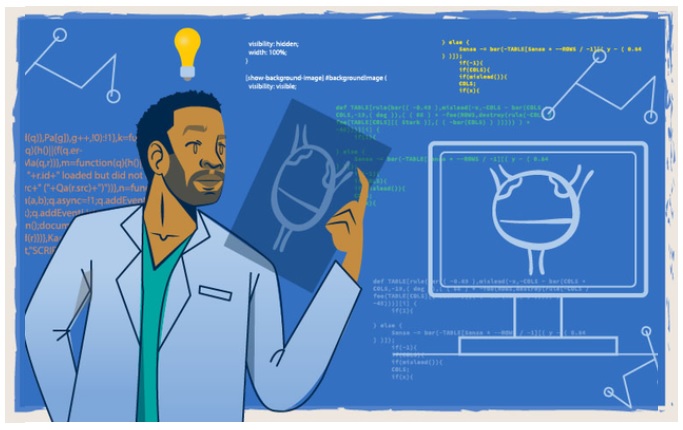This is a small, multi-site study to validate the efficacy of an artificial intelligence (AI)-based system for improving clinical assessment of response in patients treated with chemotherapy for bladder cancer, prior to radical cystectomy (surgery to remove the bladder). “If you use this model intelligently, it will be very useful for you,” wrote lead author Dr. Lubomir Hadjisky, professor of radiology at the University of Michigan.
AI does not replace human experience but complements it
When patients develop bladder cancer, surgeons often remove the entire bladder to prevent the cancer from returning or spreading to other organs or areas. However, in recent years, new evidence has indicated that surgery may not be necessary if the patient no longer has any signs of disease after chemotherapy. This is the time when artificial intelligence can be very useful.
Artificial intelligence for post-chemotherapy analysis: It is difficult to determine whether the lesion remaining after treatment is necrotic tissue or if the cancer persists. The researchers wondered if AI could help without “bypassing” the doctor.
The study invited 14 physicians from different specialties (radiology, urology, oncologist, medical student) to review pre- and post-treatment examinations for 157 bladder tumors. Participants rated 3 measures of response to chemotherapy and made recommendations for the next treatment step for each patient in the study (radiotherapy or surgery).
Second, doctors had access to the result calculated by the computer. Lower results indicated a lower probability of a complete response to chemotherapy, and vice versa for higher results. Doctors then had the option of revising their ratings or leaving them unchanged.
Whatever their specialization and experience levels, participating clinicians agree on the ability to improve the assessment provided by the AI system. The least experienced find among them the greatest added value that they “join”, with the help of the AI model, the same diagnostic qualities as the more experienced participating physicians. The tool can also help less specialized healthcare professionals or those who focus only on clinical care.
The team, which has worked for more than 20 years on the potential of AI in evaluating different types of cancer and patient response to treatments, is now convinced of the usefulness of these machine learning tools. , but as a “second opinion” “plus that doctor.
“A computer also makes mistakes like a radiologist does. When used correctly, it gives a chance for improvement but it doesn’t replace a doctor’s judgment.

“Music guru. Incurable web practitioner. Thinker. Lifelong zombie junkie. Tv buff. Typical organizer. Evil beer scholar.”






More Stories
A large manufacturing project awaits space in the industrial zone
According to science, here are officially the two most beautiful first names in the world
Green space, 100% pedestrianized: DIX30 reinvents itself